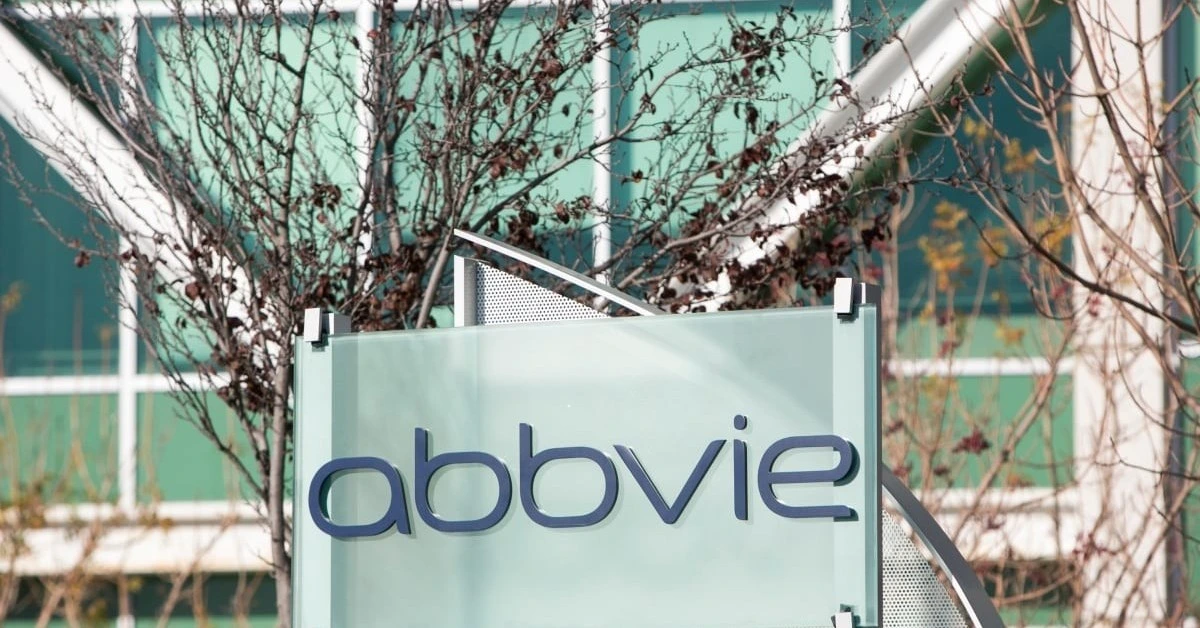
USA – AbbVie Inc. has announced plans to invest more than US $10 billion in U.S. manufacturing over the next decade.
This move aligns with a broader pharmaceutical industry trend of domestic expansion and may serve to mitigate potential impacts from anticipated tariffs on pharmaceutical imports.
During the company’s first-quarter earnings call, CEO Rob Michael highlighted the investment as a strategic initiative to support volume growth and expansion into new therapeutic areas, including obesity treatments.
CFO Scott Reents elaborated that AbbVie operates 11 manufacturing sites across the U.S. and plans to add four new facilities focusing on active pharmaceutical ingredients (APIs), drug products, peptides, and medical devices.
This announcement comes amid discussions within the Trump administration about implementing tariffs specifically targeting the pharmaceutical sector.
While pharmaceuticals were excluded from the initial round of tariffs introduced earlier this month, the White House has initiated an investigation into pharmaceutical imports, signaling potential future actions.
In recent months, several major pharmaceutical companies have announced substantial investments in U.S. manufacturing and research facilities.
This wave of commitments includes Roche’s US $50 billion plan to expand its American operations over the next five years, Eli Lilly’s pledge to invest more than US $50 billion in U.S. manufacturing since 2020, and Johnson & Johnson’s announcement of over $55 billion in U.S. investments over the next four years.
These initiatives aim to bolster domestic production capabilities and may serve to mitigate potential impacts from anticipated tariffs on pharmaceutical imports.
Other industry players, such as Merck & Co. (MSD) and Johnson & Johnson, have already projected significant cost increases due to existing tariffs, estimating additional expenses of approximately US $200 million and US $400 million, respectively, for this year.
AbbVie’s investment strategy appears to be a proactive measure to strengthen its domestic manufacturing capabilities and reduce reliance on foreign supply chains, particularly in light of potential disruptions from tariff implementations.
The company’s focus on expanding production capacity for key products, including its blockbuster immunology drug Skyrizi, which reported a 70.5% increase in sales to US $3.43 billion in the first quarter.
In addition to manufacturing expansion, AbbVie is navigating challenges in its aesthetics division, which includes products like Botox and Juvederm.
XRP HEALTHCARE L.L.C | License Number: 2312867.01 | Dubai | © Copyright 2025 | All Rights Reserved